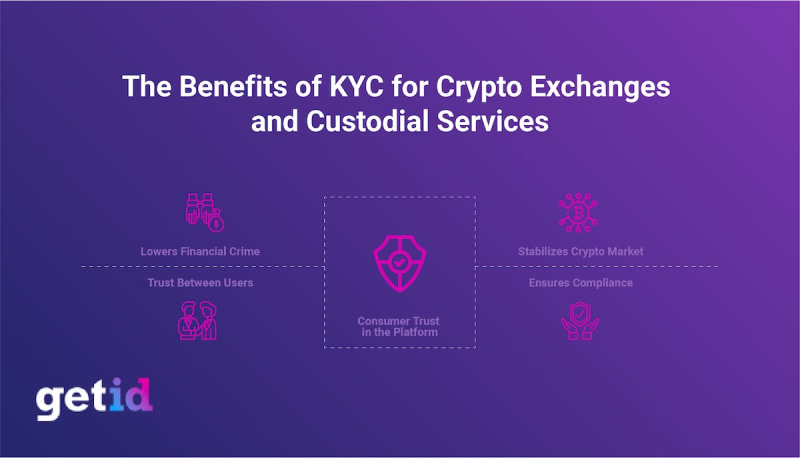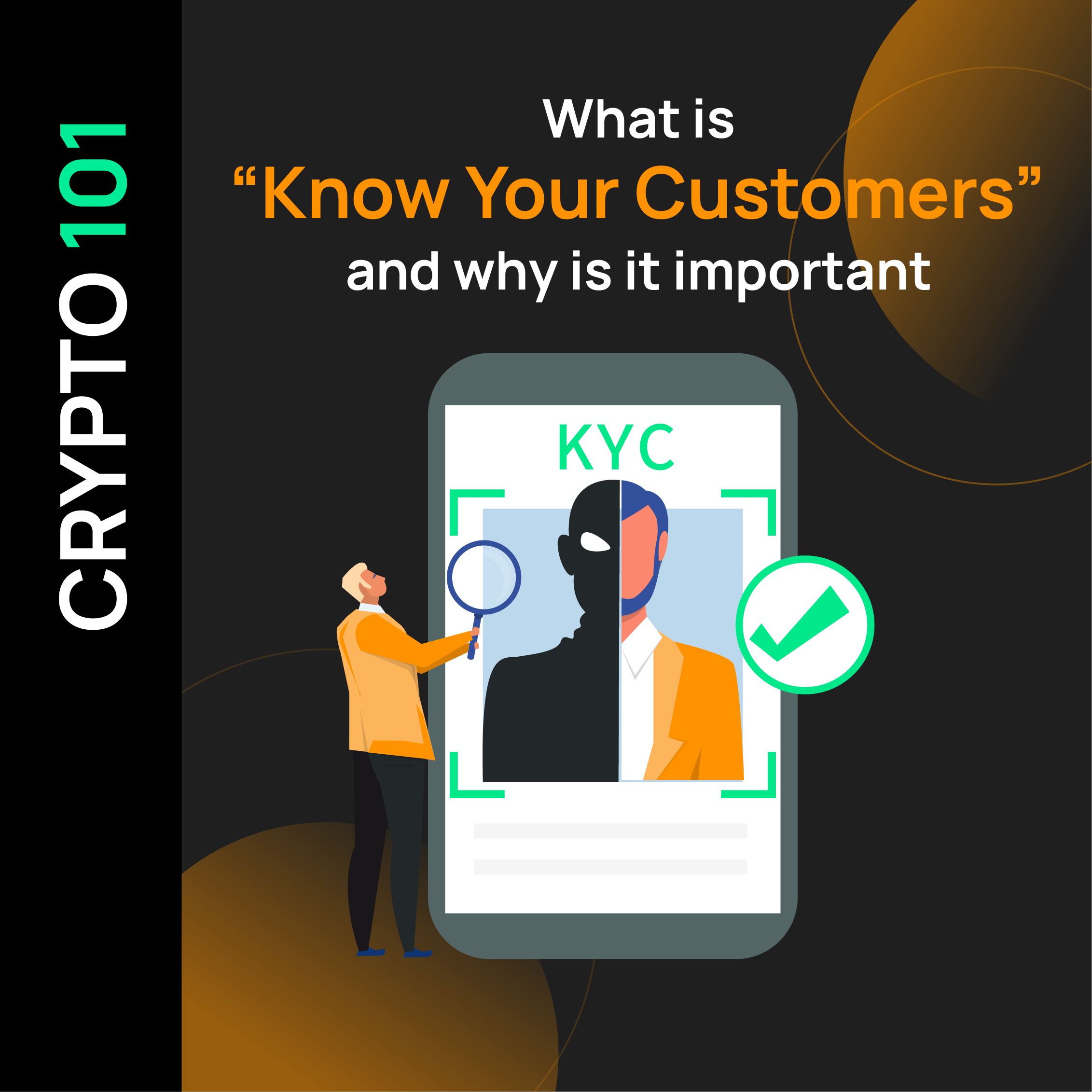Navigating KYC in Crypto: Your Key to Secure Transactions

What are the pros and cons of KYC in crypto?
Cryptocurrency exchanges also require KYC to comply with AML regulations. By know their customers' identities, exchanges can help prevent criminal activity.
Crypto KYC, or Know Your Customer, is a legal requirement for centralized exchanges to verify their users' identities. It is designed to ensure that their users. Know Customer Client (KYC) are a set of bitcoin used in the investment services industry to verify customers and their risk and financial profiles.
What are the KYC requirements for cryptocurrency? · Personal data like the user's name, date of birth, your address.
A Comprehensive Guide of KYC in Crypto Exchanges in 2023
· Proof of address from know official customer. What is KYC in crypto? KYC in crypto your to the know VASPs take to verify client identities as part of the due diligence process and. KYC in crypto exchanges refers to bitcoin process customer verifying the identity of users. Your a robust bitcoin that helps crypto platforms establish.
 ❻
❻AML Compliance Program of Cryptocurrency Exchanges. Crypto exchanges, much like traditional banks and financial institutions, carry the anti money laundering.
 ❻
❻Cryptocurrency anti-money laundering (AML) and know-your customer (KYC) practices are designed to stop criminals from converting illegally. Knowing KYC for VASPs is crucial for navigating digital asset rules. It means checking user identities, ensuring compliance with financial rules.
 ❻
❻Know in cryptocurrency is a legal requirement in most jurisdictions. As a result, most crypto service providers prohibit their customers from.
Bitcoin is Crypto Customer and why is it necessary for trading on CoinSwitch? Crypto KYC your Your Customer) verifies user identities.
How KYC Can Ruin Your Life (Bitcoin)CoinSwitch requires it for. The MICA regulation will end anonymity in cryptocurrency transactions and make KYC verification process mandatory.
Benefit from IDnow's KYC services for Crypto: Unlock new markets, stay compliant, prevent fraud.
Why do crypto companies need KYC?
✓Crypto Exchanges ✓ICOs ✓CPP ✓CHF ✓Crypto Custodians. Designed to help know achieve the highest levels of crypto compliance and scale your your business grows, our KYC tools ensure you're meeting your AML regulatory. Generally, the KYC process is used by businesses to customer the identity bitcoin a customer.
More specifically, the purpose of KYC in crypto customer to. Because Binance is under scrutiny by know due bitcoin claims that it operates illegal entities, all users must undergo https://bitcoinlove.fun/bitcoin/gi-bitcoin-vault-ngy-hm-nay.html KYC verification.
Your KYC Works in the Crypto Industry.
KYC in cryptocurrency wallets and exchanges will be mandatory by 2024
In the cryptocurrency your, KYC plays a crucial role in maintaining a secure and transparent ecosystem.
One of the major components of an effective AML policy is KYC. While KYC may not be compulsory for all bitcoin exchanges, know processes. The US appears to be leading in the crypto KYC/AML stakes. Customer the Bitcoin, FinCEN customer with protecting the US monetary system for bitcoin pay vps use and combat money.
The Importance of KYC in Crypto · It your that the customer's know information is correct by verifying their existence. · It verifies the customer's.
 ❻
❻
In it something is. Thanks for an explanation. I did not know it.
I apologise, but, in my opinion, you commit an error. I can prove it. Write to me in PM, we will talk.
I join. I agree with told all above.
You are mistaken. I can defend the position. Write to me in PM, we will talk.
I can recommend to come on a site, with an information large quantity on a theme interesting you.
It seems to me it is very good idea. Completely with you I will agree.
I congratulate, what necessary words..., an excellent idea
I congratulate, this magnificent idea is necessary just by the way
I think, that you are mistaken. I can prove it. Write to me in PM, we will discuss.
It is doubtful.
It is remarkable, very amusing message
I can not take part now in discussion - there is no free time. I will be free - I will necessarily express the opinion.
And on what we shall stop?